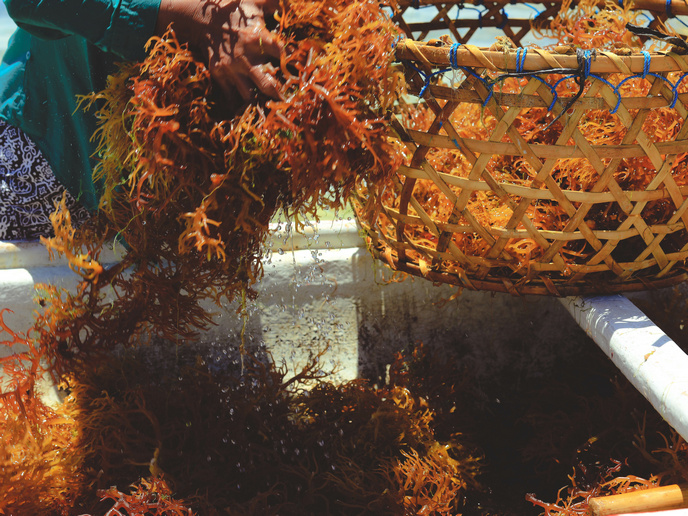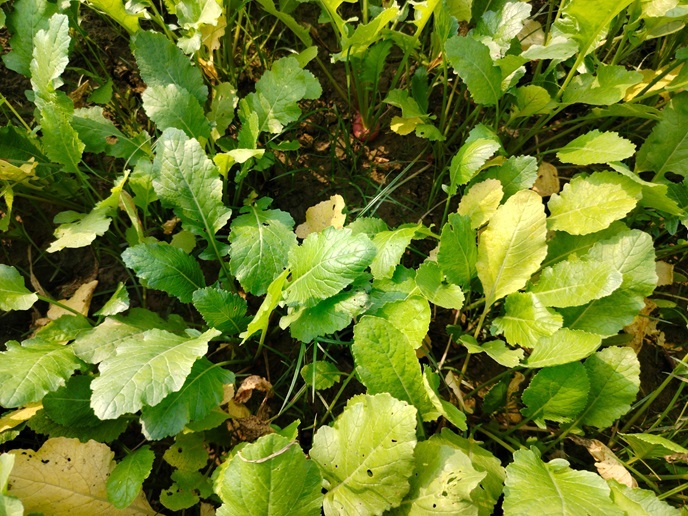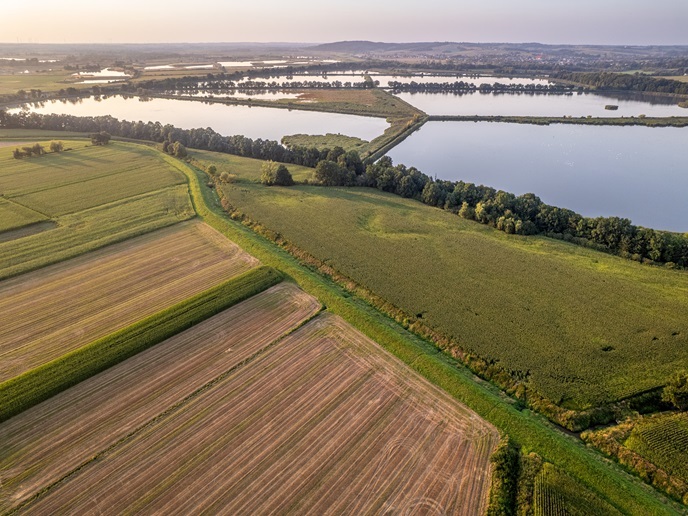Linking local and scientific expertise supports sustainable marine invertebrate fisheries
Small-scale fisheries (SSF) are a diverse sector characterised by low capital investment and high labour intensity (often family-based). They provide the world with a large variety of fish and invertebrate delicacies. SSF also contribute to local, national and global economic growth. Many SSF occur in remote areas with high biodiversity inhabited by indigenous people, who play key roles in their operation. Women are leading actors of marine invertebrate SSF. However, despite the societal and ecological importance of these fisheries, they are often overlooked in fisheries research, management and policy making, and gender aspects are considered even less. Ariadna Burgos of the Institute for Research and Development(opens in new window) (IRD) has addressed this critical gap with her project SHELLFISH(opens in new window), supported by the Marie Skłodowska-Curie Actions programme.
Indigenous women as knowledge experts
Burgos’ Ph.D. and post doc studies highlighted the essential role of women in artisanal fisheries. The indigenous women had excellent knowledge of shellfish habitats, behaviours and population dynamics. Furthermore, they used a myriad of techniques for harvesting and had a deep understanding of marine invertebrate SSF pressures. Burgos became convinced that it is essential to integrate local and scientific knowledge to realistically address social and ecological challenges and develop transformative strategies to inform and inspire policies for sustainable and resilient SSF.
Protecting biodiversity while respecting indigenous women’s sovereignty
Indigenous women rely on biodiversity for their fisheries and are therefore particularly vulnerable to changes. However, “some rigorous forms of marine conservation might inhibit indigenous women’s access to aquatic resources in their ancestral territories, affecting fisherwomen’s sovereignty over the resources they have helped to preserve,” emphasises Burgos. “Achieving long-term accountability and sustainability of small-scale fisheries requires an approach rooted in environmental justice. In our approach, local and indigenous communities lead initiatives based on their own knowledge systems while collaborating closely with scientists, students, and practitioners,” she adds.
Integrating local and scientific knowledge in practice
Burgos studied marine invertebrate SSF in the tiny Southeast Asia country Timor-Leste under the supervision of Dominique Guillaud, also of IRD, and WorldFish(opens in new window) scientists David Mills and Alex Tilley. She helped establish an important collaboration between WorldFish and the Department of Fisheries and Marine Science at the National University of Timor Leste (UNTL), which clearly demonstrated the mutual benefit of integrating local and scientific knowledge for interdisciplinary research and coastal sustainability. Twenty UNTL bachelor’s students had a unique opportunity to learn about interdisciplinary frameworks for SSF that go beyond traditional fields to integrate ethnoecology, nutrition, gender and participatory approaches. The project's ability to build trust was enhanced by the students and their knowledge of the local language, supporting the development of relationships with local communities. The collaboration enhanced capacity at institutional, community, and personal levels. “Empowering women by valuing their knowledge was a remarkable experience. The women were the lead trainers. They gained confidence and began positioning themselves as leading agents of sustainable and fair fisheries. Effectively integrating women in fisheries monitoring and coastal management will be crucial for sustainable and resilient fisheries,” Burgos concludes. SHELLFISH has successfully integrated gender aspects and participatory approaches into frameworks for realistic and mutually beneficial marine invertebrate SSF monitoring and management, showing the way forward to policies that benefit women, SSF, the environment – and European tables.







